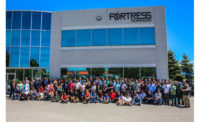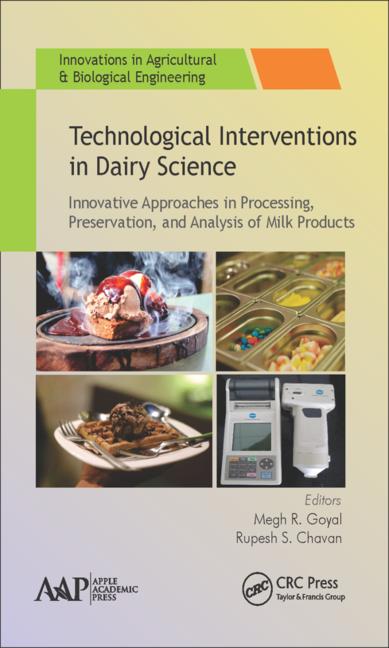Longevity
Nestle celebrates 20th anniversary of facility in Morocco
The factory produces Nestlé branded products such as Nido, Nescafé, Cerelac and Maggi.

 By Nestle
By Nestle
Nestlé is highlighting its commitment to the development of the global dairy industry by marking the 20th anniversary of its factory in Morocco. The facility in the city of El Jadida has helped to increase dairy production and improve the quality of fresh milk it sources in the country, since it opened in 1992.
Over the past two decades the annual amount of milk collected has increased from 6.6 million liters to 80 million liters, sourced from around 16,000 farmers. The factory produces Nestlé branded products such as Nido, Nescafé, Cerelac and Maggi.
“The 20th anniversary celebration of our El Jadida factory reiterates our commitment to our long-term presence in this region – in successful and challenging times,” said Nandu Nandkishore, Nestlé’s Head of Zone Asia, Oceania, Africa and the Middle East.
“Thanks to this factory, we have been closer to our Moroccan consumers and able to better adapt our products to their needs and preferences, enabling us to offer high-quality food products that provide nutritional value,” he added.
The factory in El Jadida has reduced its environmental impact over the past few years. A wastewater treatment unit has cut the amount of water it uses by nearly a fifth. It has also reduced water consumption by nearly 10% in the production of Nescafé products.
Nestlé’s work to boost dairy production in Morocco is part of its approach to business, which it calls Creating Shared Value. Rural development is one of Nestlé’s three key CSV focus areas, as well as nutrition and water.
Literacy for women
Nestlé in Morocco is improving the health of women and children in the country. As part of Nestlé’s support of a UN initiative called "Every Woman Every Child," the company sponsors the Zakoura Education Foundation in Morocco to help around 80,000 adults, almost all of whom are women, to complete a literacy program. More than 21,000 school girls have also been able to benefit from primary education as part of the initiative.
Nestlé in Morocco and the Zakoura Education Foundation have helped to create nearly 50 schools over the past 16 years. Since 2010 some of these schools have benefited from the Nestlé Healthy Kids Global Program. Under the program, the company works with partners in different countries to teach over six million children in 60 countries the value of good nutrition and physical activity. By 2016 it aims to extend the program to 70 countries.
Looking for a reprint of this article?
From high-res PDFs to custom plaques, order your copy today!








